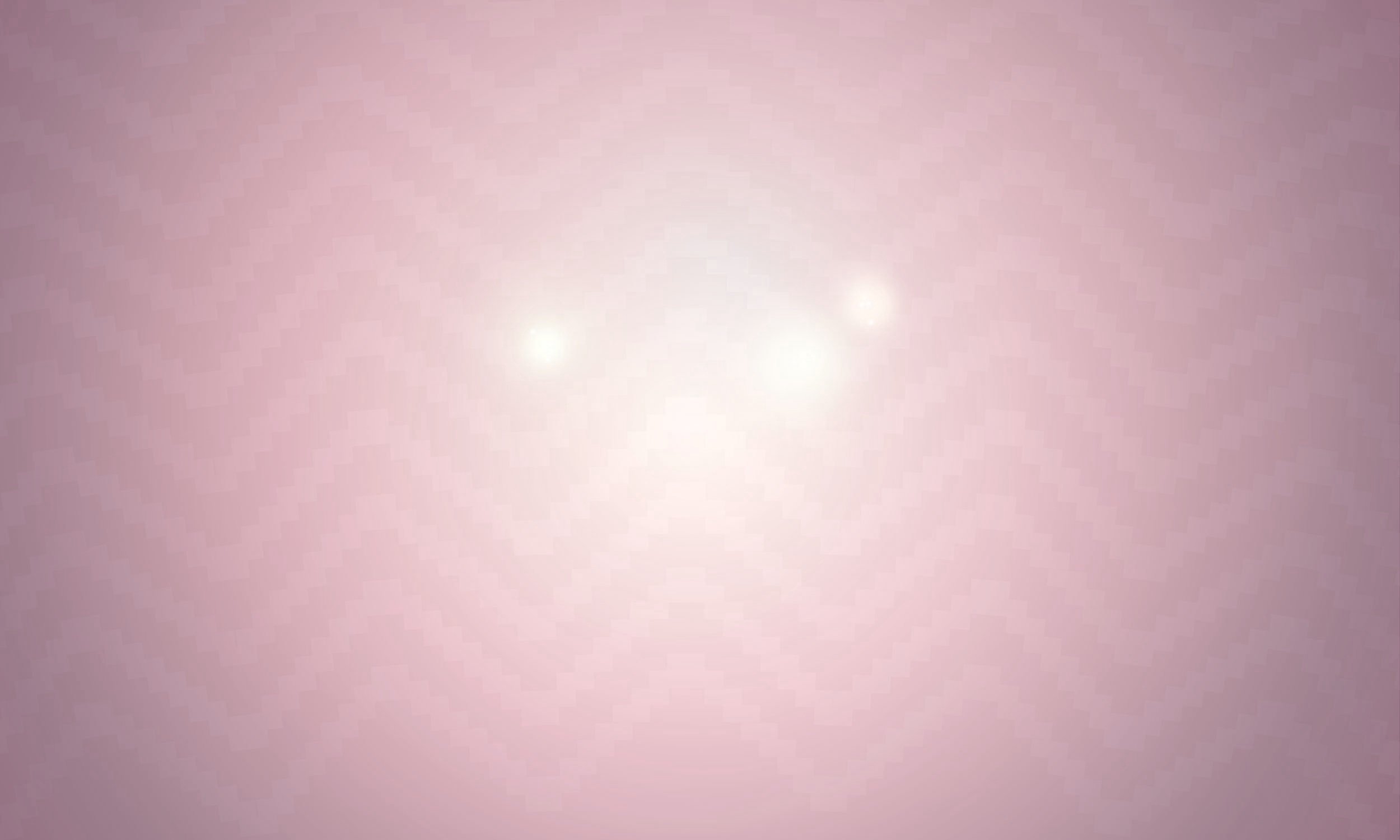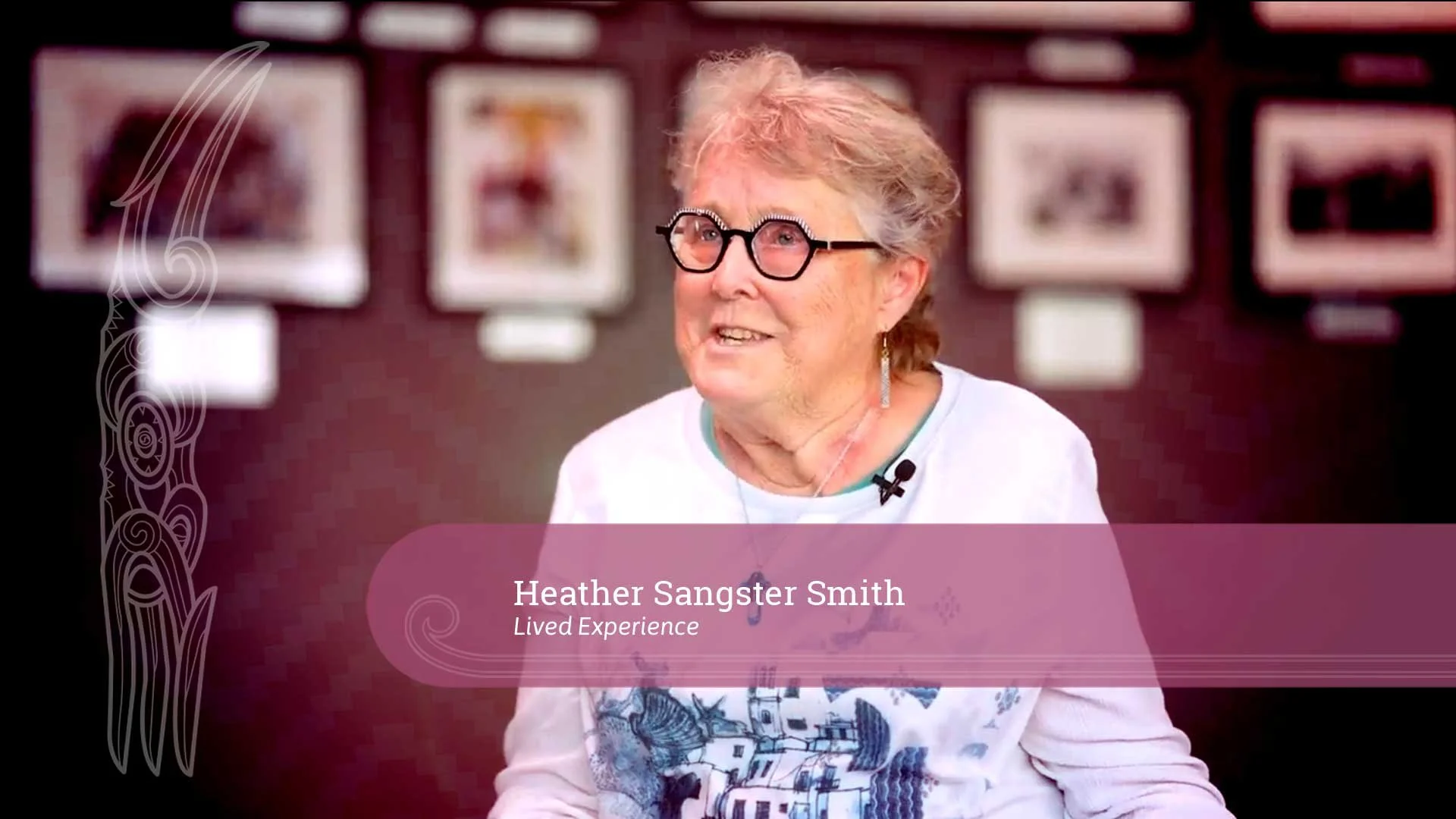
Know our bias
Unconscious bias can be difficult to recognise because we are not often aware of it.
We all have an ethical duty to be aware of our biases when providing care and support services to others, ensuring fairness and equity for everyone.
Here are some tools and tips to help us become more aware and challenge our biases.
Take the Harvard Implicit Association Test (IAT), an online tool that can provide insights into our biases, preferences, and beliefs. NB. This is a tool used worldwide but it is developed in the northern hemisphere so does not reflect the racial diversity we have in Aotearoa.
Know your mood – are you stressed or mindful? When we are under pressure, we do not have time to think and plan, we just react. In this stressed state, we are more likely to be operating from our “bias brain”. This is not a safe, appropriate, or professional way to be making decisions.
Get feedback from your team and peers to understand if your personal preferences and beliefs unconsciously affect how you speak to or treat a person you are caring for.
Actively seek to learn more about the experiences of people living with HIV outside of what you already know and are comfortable with. Reading this website is a great start!
Recognising and addressing our unconscious biases is an ongoing journey that requires self-awareness, education, and a willingness to change.
When we challenge our unconscious bias, we can be more inclusive, empathetic, and professional, ultimately leading to better care and understanding for those we aim to support. Remember, the path to reducing our bias starts with acknowledging its presence and taking steps to make sure it doesn’t get in the way of doing our job to the best of our ability.







